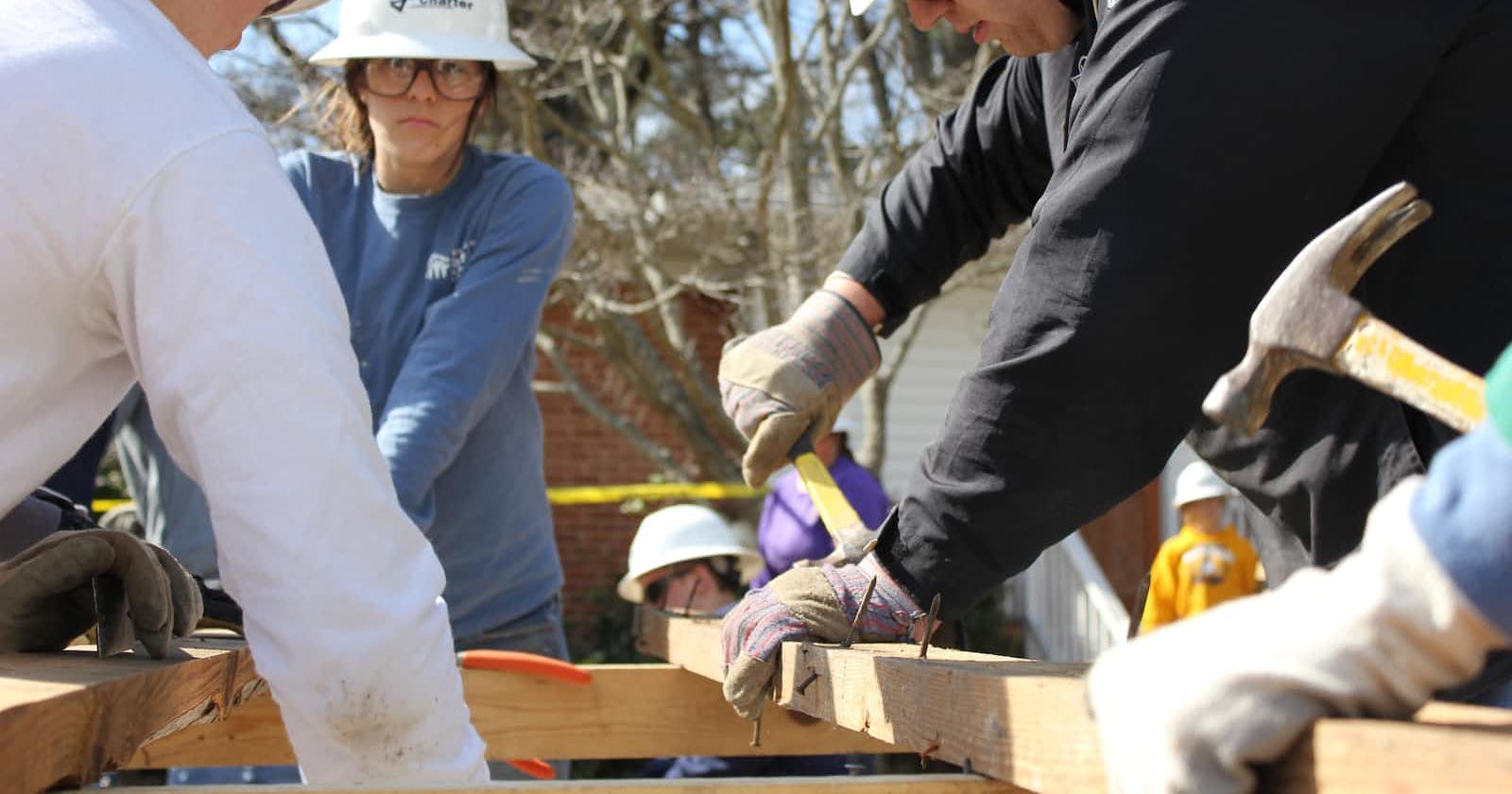Construction projects are structured and organized projects. Whether they consist of a building, a shopping mall, a suburban tract, a residence, an apartment or a hotel, each project has numerous moving parts which need to be managed and coordinated precisely.
Like other projects, management of construction projects is segregated into phases. Ranging from designing to planning, and scheduling, to the final outcome; each phase is complex. Moreover, it is also part of a much more complicated process overall.
The reason above is why project management software was made. For construction projects, it should be dynamic and strong so it can encompass each area of construction with ease. Also it should help construction companies avoid construction claims.
Understanding construction project management
Construction project management is basically the process of managing construction projects properly. When comparing it with other kinds of projects, the main difference is that construction projects are based on missions. THis means that the project’s company ends the mission by completing the project.
Project management is meanwhile defined as management of resources over a project’s life cycle. Various tools and methods are used for controlling the scope, expenses, quality, schedule etc. But when project management professionals work in the construction industry, they must have a broader outlook.
Construction management usually has a wider variety of constraints to look at. They should be specific to the design and model of each project. Construction project management can manage an array of disciplines in a project’s lifespan, ranging from engineering, architecture, public works to urban planning.
Different sectors in construction
There are a variety of construction projects which depend on the construction sector. Residential and commercial are two key sectors in construction. Also, there are four kinds of construction projects which are as under:
Creation and renovation of residential buildings.
Construction on a Heavy industrial scale.
Commercial and institutional construction.
Engineering based construction.
What this indicates is that there are numerous kinds of construction projects which require construction management so they can be successful. Construction management may be needed ranging from roads and bridges to homes, condos and suburbs. Even from engineering a water reservoir to adding seismic retrofits to airports, construction management is a must.
Construction project managers are also responsible for initiating the project and for ending it too. They often manage the project in person to ensure it is done safely and completed successfully.
There are numerous kinds of construction projects where each of them has their own challenges. All of these projects need one who owns the project, a construction project manager and of course, a general contractor.
Overview of roles in a construction project management team
Here are some roles present in a construction project management team.
The project owner
This role helps in controlling the project and also finance it either directly, or indirectly. Project owners are also involved in supervising the project from a top view and making key decisions, especially contractor selection, defining the bidding process and selecting the project delivery method.
The construction project manager
The construction project manager manages and controls Construction project management. They plan, coordinate, control, make budget and supervise each aspect of a construction project. They also have the following tasks to fulfill:
Estimation and negotiation of project costs.
Preparing the construction project budget.
Effective management of scheduling and work timetables.
Effectively handling work orders.
Choosing suitable project management methods and tactics for the project.
Communicating with project owners and stakeholders i.e. budget, progress, reports etc.
They also lead with job site teams, workers and other professionals regarding technical and contract specifications.
Working together with regulatory, building and construction specialists to ensure proper outcome of the project.
THe construction project manager is usually a certified Project Management Professional (PMP) from the Project Management Institute (PMI). Moreover, this role must thoroughly understand the construction process from each end.
The General Contractor
This role helps keep the daily operations of construction sites in check and balance. They are also responsible for providing the equipment, labor and materials the project needs. General contractors often hire subcontractors for executing specific tasks.
Here are some of their main responsibilities:
Supervising subcontractors’ work.
Setting up safety protocols at job site.
Applying for building permits as well as licenses.
Disposal of waste from construction sites.
Managing personnel there.
Monitoring the site and providing daily reports.
Coordinating and communicating daily with both the project owner and construction project manager.

